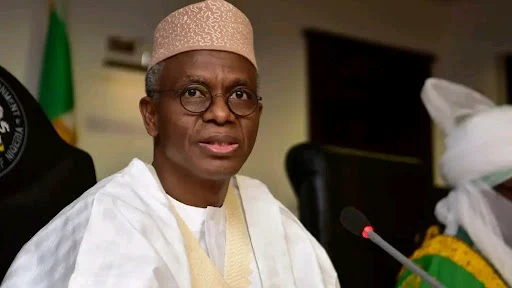By Mohammed Bello Doka
The decision of President Bola Ahmed Tinubu’s administration to suspend elected officials in Rivers State has sparked outrage, with critics warning that it threatens Nigeria’s democratic foundation. Former Kaduna State Governor, Nasir Ahmad El-Rufai, has joined the growing chorus of opposition, urging the President to reverse the decision and uphold constitutional governance.
El-Rufai, in a strongly worded statement, described the suspension as an overreach of executive power that disregards Nigeria’s federalist structure. Citing the Supreme Court’s ruling in Dariye vs. Attorney General of the Federation, he emphasized that no president has the legal authority to unilaterally remove elected state officials.
“The security concerns raised by Mr. President certainly require urgent action, but that does not justify dismantling democratic structures,” El-Rufai stated. He argued that if the situation warranted drastic measures, a state of emergency could have been declared—without violating constitutional provisions.
El-Rufai also pointed out what he sees as an inconsistency in Tinubu’s stance, recalling how the President, as an opposition figure, had vehemently opposed a similar move by former President Goodluck Jonathan in the North-East. “A reconsideration is necessary to undo the damage inflicted on the people of Rivers State and restore the government’s credibility,” he said.
Drawing historical parallels, El-Rufai warned that Nigeria risks repeating the events of 1962, when emergency rule in the Western Region plunged the country into political turmoil. He called on all patriots to resist what he termed a “gross violation of the Constitution and the rule of law.”
With mounting pressure from opposition leaders and legal experts, the Tinubu administration faces a critical test: stand by its controversial decision or heed the calls for a return to constitutional governance.

